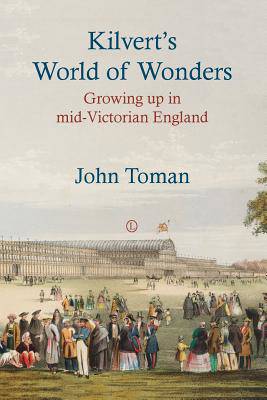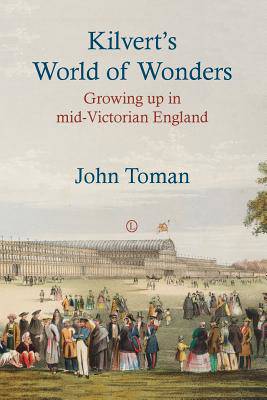
- Afhalen na 1 uur in een winkel met voorraad
- Gratis thuislevering in België vanaf € 30
- Ruim aanbod met 7 miljoen producten
- Afhalen na 1 uur in een winkel met voorraad
- Gratis thuislevering in België vanaf € 30
- Ruim aanbod met 7 miljoen producten
Zoeken
€ 72,95
+ 145 punten
Omschrijving
Kilvert's World of Wonders takes a fresh look at the Victorian era, one that does not turn away from the smoke stacks and crowded streets of popular imagining, but which sees them from the distance of the rural countryside. Though a countryman and lover of country ways, here the well know diarist is shown to be deeply stirred by what he saw as a society being changed and improved by science, technology, and by the liberal, enlightened ideas that were starting to circulate. The social changes seen by Kilvert resonated with the vision of progress that was imbued in him by his Victorian upbringing, and as a result his diaries can be seen as a response to these changes and not, as previous Kilvert scholarship suggests, as a simple record of country life. Toman's new work goes beyond the biographical and social realities of Kilvert's family by comparing them to almost twenty other middle-class families in order to show common factors in the familial experience of a rapidly changing society. At the heart of this re-evaluation of Kilvert's life and times is the theme of Wonder, various aspects of which are explored throughout. Away from the rapidly growing urban centres the effects of industrialisation are seen in a surprisingly positive light by Francis Kilvert, a fervent Christian coming to terms with the encroachments that science, scepticism and secularism were making upon religious faith and yet seeing all around him a 'world of wonders'.
Specificaties
Betrokkenen
- Auteur(s):
- Uitgeverij:
Inhoud
- Aantal bladzijden:
- 326
- Taal:
- Engels
Eigenschappen
- Productcode (EAN):
- 9780718893019
- Verschijningsdatum:
- 30/05/2013
- Uitvoering:
- Paperback
- Formaat:
- Trade paperback (VS)
- Afmetingen:
- 155 mm x 234 mm
- Gewicht:
- 502 g

Alleen bij Standaard Boekhandel
+ 145 punten op je klantenkaart van Standaard Boekhandel
Beoordelingen
We publiceren alleen reviews die voldoen aan de voorwaarden voor reviews. Bekijk onze voorwaarden voor reviews.











